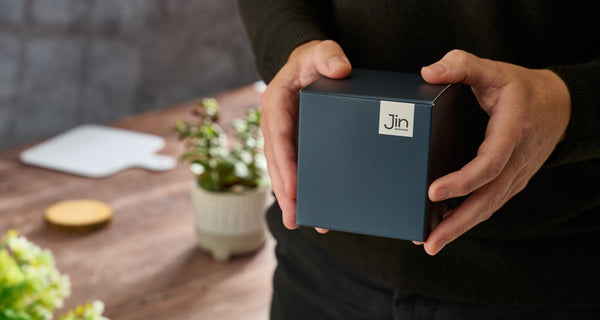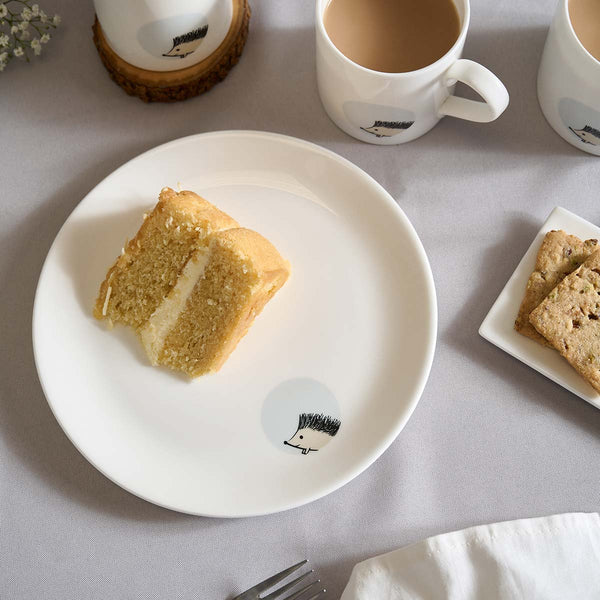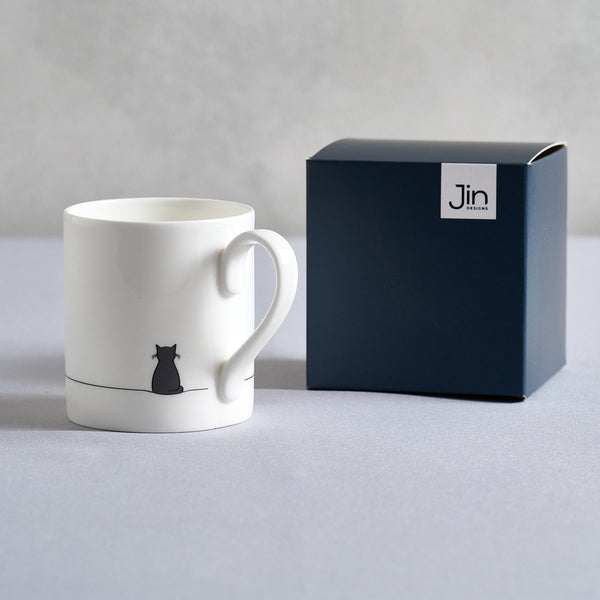Why do we give gifts?
The tradition of giving and receiving gifts goes way back in time. But has the giving of gifts become too commercial? Why do we give gifts? And do we really need to give them at all?
A recent survey revealed that 7 out of 10 people said they felt stressed with the pressure of giving gifts. At this time of year this could be true for most people. In fact, the giving of gifts is not just during the holiday season. It continues throughout the year. There are increasingly more and more events it seems; anniversaries, house warmings, baby showers, Valentines’, baptisms, Mothers’ Day, Fathers’ Day, get well soon, good luck, well done, and let’s not forget birthdays.
Phew!
The list goes on and on, so it is hardly surprising that such a high number of people feel stressed. One of the main reasons given for feeling this way is down to people not knowing what gifts to give.

Our ancestors did not have that problem. Their gifts were symbolic of their cultures and the world around them. However, you may be surprised by just how many events our ancestors did celebrate and the sort of gifts they gave.
A Brief History of Giving
The bestowing of gifts is rooted in our rich history as human beings. Gifts were given to show respect, love, allegiance and to make connections with people and other tribes and clans.
Archaeological finds between 35,000 and 10,000 years ago reveal that humans were giving gifts such as, stones, shells, bones, animal teeth, feathers and tree bark which could be sewn onto garments as mementos and also to show what tribe they belonged to.
As tools became more sophisticated it was possible for these objects to be made into jewellery, such as, bracelets, necklaces and other pretty items which could be worn on a person or their clothing.
Items such as bowls and drinking vessels were often given. There was also an emphasis on food, drink, flowers, and hospitality as ways to give thanks and gratitude to friends and family.
Why our Ancestors Gave Gifts
The Ancient Egyptians were known as romance and nature lovers. There are tombs with painted walls depicting the love they held for each other and their gods. They had seasons dedicated to love. During these times, which were plentiful, they would go on picnics or fishing trips with their loved ones along the Nile. They expressed their love through poetry, flowers, and other items. They also had a love season known as Boupasta which was not dissimilar to our modern Valentine’s Day.
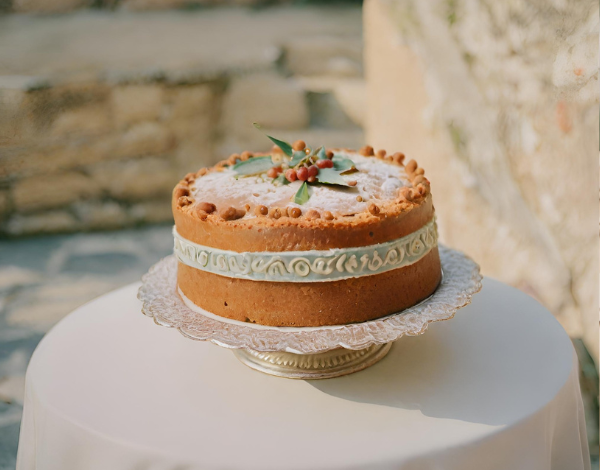
The Ancient Greeks were the first known civilisation to celebrate birthdays. They would bake a round cake and place candles on it. The candles would be blown out and a vow of protection would be made. Cakes were round to signify the moon. The Goddess Artemis was gifted with cakes, loaves, and desserts, all considered sacred. These bakes are seen as the ancient roots of modern-day wedding and birthday cakes, including the placing of candles on the top. A child would also be given an amulet on their birthday to ward off evil.
The Romans had countless special festivals and occasions to celebrate annually. Many were to pay homage to their Gods and Goddesses and would involve giving gifts and thanks. During Saturnalia, a festival to celebrate Saturn and the Winter Solstice, money boxes, toothpicks, dolls, combs, candles, and lamps would be given, as well as food offerings and often other more expensive items made of silver. The Romans also believed in non- material gifts such as giving temporary shelter to someone who needed it. This nonmaterial gift can be found in many other cultures to this day.
The Symbolism of Gift Giving
An earlier Jin Designs blog post about the Symbolism of Giving Mugs as a Gift explains how a simple but beautiful everyday item can be a powerful way in which to convey a special message to someone.
There are many things around us that are symbolic. A robin, for example, means a lost loved one is near when you see one up close. Giving a mug, or other item, with a symbolic motif is a way of saying that you have really thought about the person. There is symbolism all around us. Most of us know people who love animals and wildlife. Buying gifts that reflect their passions will guarantee to give both recipient and giver joy.
It’s not just humans who give gifts. Animals do too!
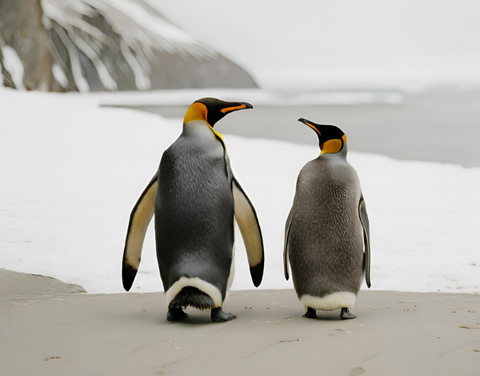
- Did you know that male penguins will spend hours searching for a perfect pebble to give to his female partner as a form of a proposal?
- Birds, such as crows, are well documented for giving gifts to us. They leave coins, beads, paper clips and other objects they find.
- Cats are renowned for bringing in mice, alive or dead, birds, frogs, and other things they find. Dogs may bring in balls, socks, small creatures, and birds too.
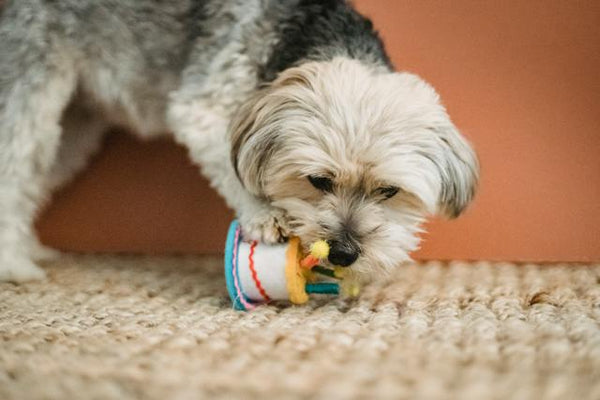
The giving of gifts has been intricately woven into the fabric of our lives for generations. Each time we give a gift we are mirroring our ancestors in many ways. They gave for the same reasons as us. Love, gratitude, memories, strengthening bonds, thanks, and expressing many other emotions.
The Psychology of Giving Gifts
Gift- giving is believed to serve an evolutionary purpose. It helps to bring people closer together and builds communities. Giving occurs in all cultures worldwide and is used to strengthen both professional as well as personal relationships.
It has been proven that giving gifts can activate the part of our brain that is associated with trust, social connection, and pleasure. Both giving and receiving can have a positive impact on our mental and emotional health.
When we receive a gift, regardless of its monetary value, we feel seen, appreciated, and loved. When we give a gift that we have thought about for a particular person, we feel a sense of being able to express gratitude, love, kindness, and friendship.
Research also suggests that when we feel good about things, we have more energy and being kind and thoughtful towards others has positive benefits to our own health.
As we can see from the history of ancient civilisations, they had as many occasions as possible, if not more than us, to celebrate throughout the year. We will never know if they felt pressured or stressed but seeing as the act of giving, receiving and being kind underpins our society, it’s a tradition that does not seem to be going anywhere soon. Beneath the ribbons and bows of today’s gifts lies a history of giving and celebrating life and the people in it.
In these modern days there is more choice than ever in the selection of gifts, which can be a blessing and a curse!
Alternatives to the standard gifts can include home- made items, preserves, cakes, sweets, and specific personalised gifts that reflect the person you are buying for and the event.
If you favour non-materialistic gifts, you can always choose to give to charity or adopt an animal.
Keep it simple.
Remember, less is more, and it really is the thought that counts.
----------
If you'd like to look for thoughtful gifts that mean something to you and the recipient, take a look at Jin Designs Gifts and find gifts with meaning.


